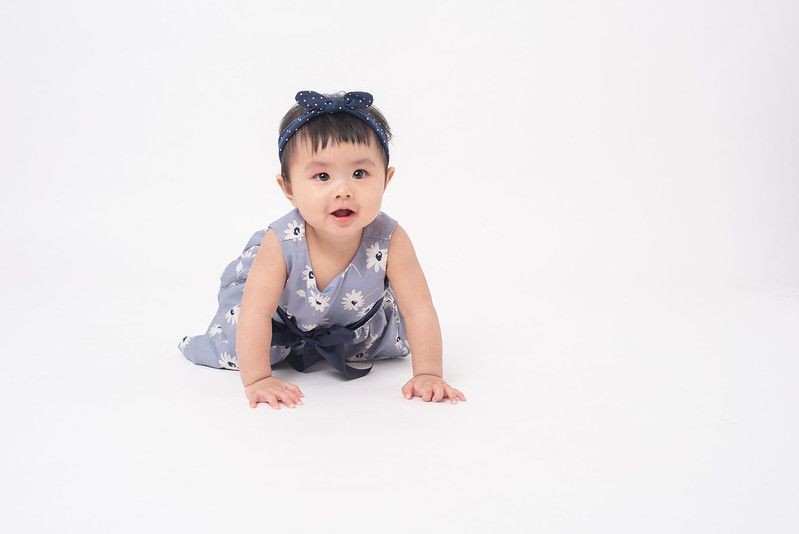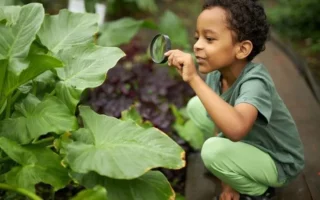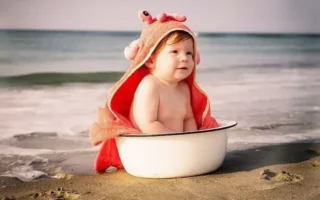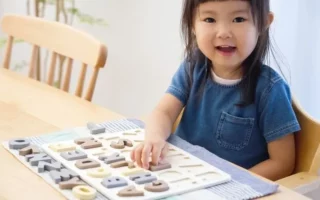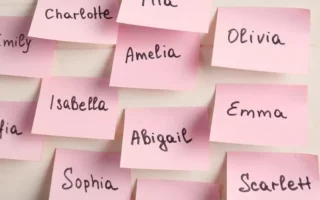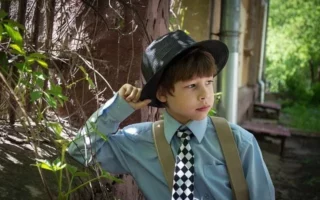carry a profound sense of identity and heritage. Each name is more than a label; it’s a story, a symbol of life, hope, and a connection to family and culture. that start with K are especially intriguing, offering a glimpse into the virtues and visions of the Japanese people.
Whether you’re seeking a name that echoes the calmness of a tree branch swaying in the gentle breeze, or one that stands as a testament to the enduring spirit of an individual, these names offer a wealth of meaningful choices that could encapsulate the very essence of peace, happiness, and honor.
Girl Japanese Names That Begin With K
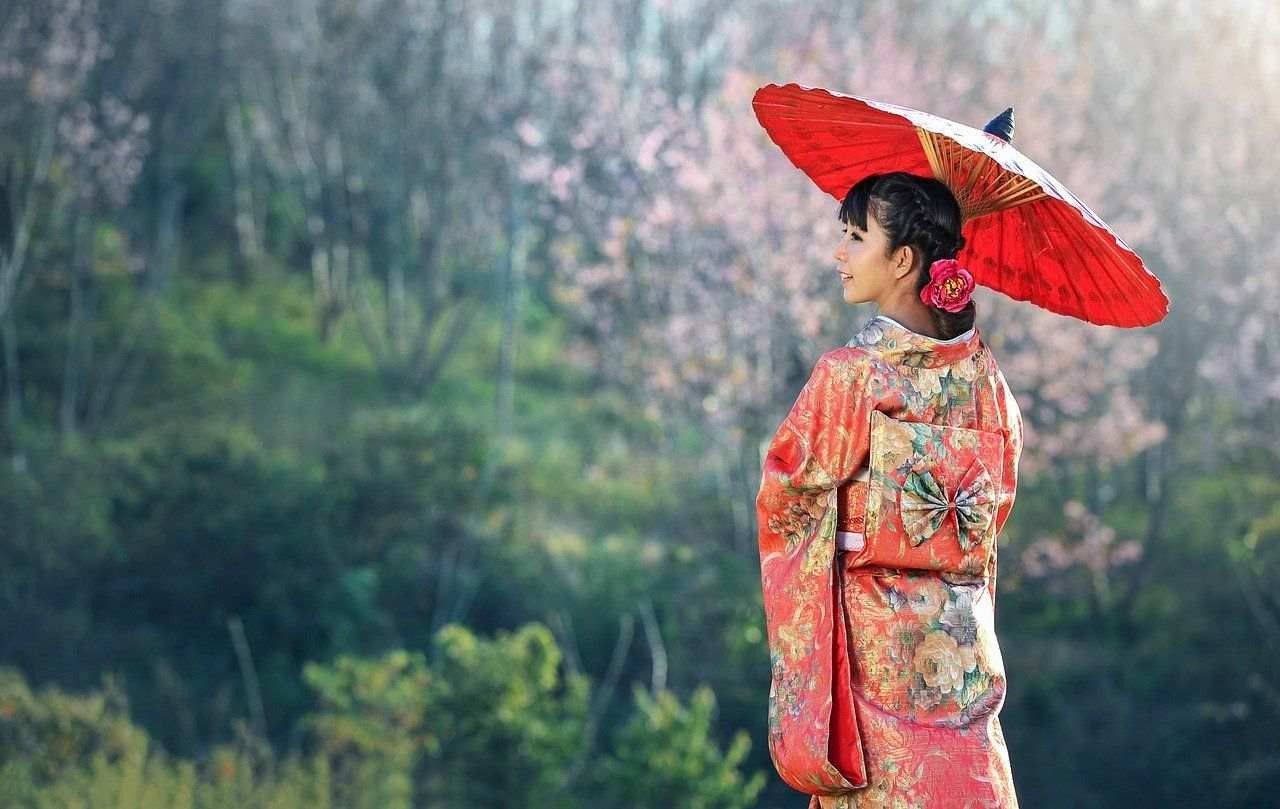
This collection of in Japanese culture is rich with the sounds of nature, beauty, and grace. Girl names starting with ‘K’ often reveal the delicate harmony between traditional values and the evocative imagery of the natural world. They can symbolize everything from the gentleness of a cherry blossom petal to the serene strength of a gently curving river.
These names carry the whispers of ancestors and the timeless beauty of the Japanese tradition and heritage, perfect for a little girl who will grow into a name as beautiful and profound as the culture from which it comes.
1. Kagami: means ‘mirror’. Taiga Kagami, the fiery red-haired basketball star, is one of the main characters of ‘Kuroko No Basuke’, a popular Japanese manga series that has captured the hearts of fans worldwide.
2. Kahana: means ‘turning point’ or ‘excellent’.
3. Kaho: means ” or ‘progress’. Kaho Nakayama, the multi-talented Japanese actress and model, has graced the screens with her captivating performances in various dramas and films.
4. Kaida: means ‘little dragon’.
6. Kajitsu: means ‘dispute’, ‘truth’, or ‘fruit’.
7. Kaki: means ‘aroma’.
8. Kako: means ” or ‘hard-working’.
9. Kameko: means ‘turtle child’.
10. Kami: means ‘deity’.
11. Kanade: means ‘beautiful’ or ‘fulfill’. Kanade Hayami, the acclaimed Japanese voice actress, has breathed life into numerous anime characters with her enchanting voice.
12. Kanaha: means ‘pleasant’, ‘delight’, or ‘joy’.
13. Kanami: means ‘bright waves’ or ‘hope’. Kanami Suzuki, the talented Japanese singer and voice actress, has thrilled audiences with her voice.
14. Kanari: means ‘pretty’ or ‘acceptable’.
15. Kanayo: means ‘era of excellent greens’.
16. Kaneko: means ‘golden child’.
17. Kanoka: means ‘beautiful’.
18. Kanon: means ‘sound of the flower’. Kanon Wakeshima is a famous Japanese singer-songwriter and cellist.
19. Kanori: means ‘true interest’.
20. Kao: means ‘face’.
21. Kaon: means ‘heat’.
22. Kaori: means ‘fragrance’. Bonnie , the ‘famous Japanese musician was christened Kaori Asada. Kaori Sakamoto, the graceful Japanese figure skater, has thrilled audiences worldwide with her elegant performances on the ice.
23. Karei: means ‘brilliant’.
24. Kari: means ‘temporary’.
25. Karin: means ‘flower bell’. Karin Kanzuki, the wealthy martial artist, is a force to be reckoned with in the ‘Street Fighter’ video game series.
26. Karina: means ‘pure’. Karina Nose, the stunning Japanese model, has graced the pages of countless fashion magazines with her presence.
27. Kasaki: means ‘flower bloom’.
28. Kashi: means ‘lyrics’.
29. Kasuga: means ‘spring day’.
30. Kasumi: means ‘mist’. Kasumi Arimura, the prominent Japanese actress, has captivated audiences with her performances in several famous movies and TV dramas. Kasumi is also a fan-favorite character in the Dead Or Alive video game series, known for her deadly charm.
31. Katsumi: means ‘victorious beauty’.
32. Kayoko: means ‘child of a good generation’.
33. Kazue: means ‘one blessing’ or ‘harmonious’. Kazue Takahashi was a Japanese actress and voice actress known for her roles in various anime series.
34. Keiko: means ‘blessed child’. Emperor Keiko was posthumously adorned with this name. Keiko Agena, the talented Japanese-American actress, is best known for her memorable role as Lane Kim in the TV series ‘Gilmore Girls’.
35. Kikuko: means the ‘chrysanthemum branch’. Kikuko Inoue, the accomplished Japanese singer and voice actress, has lent her dulcet tones to countless anime characters and soundtracks.
36. Kimiko: means ‘righteous child’. Kimiko Glenn, the versatile American actress with Japanese ancestry, has made her mark on both stage and screen, notably in the hit series ‘Orange Is the New Black’.
37. Kimiyo: means ‘child of a generation’.
38. Kinu: means ‘silk’.
39. Kishi: means ‘coast’.
40. Kita: means ‘north’.
41. Kiwako: means ‘calm’.
42. Kiyoko: means ‘pure child’. Kiyoko Shimizu, the dedicated and diligent manager of the Karasuno High School volleyball team, is a beloved character in the ‘Haikyuu!!’ manga and anime series.
43. Kiyomi: means ‘pure beauty’.
44. Kohana: means ‘little flower’.
45. Komako: means ‘pony child’.
46. Koto: means ‘stringed instrument’.
47. Kotone: means ‘sound of the koto’.
48. Kozakura: means ‘little cherry tree’.
49. Kukiko: means ‘child of the snow’.
Boy Japanese Names Beginning With K
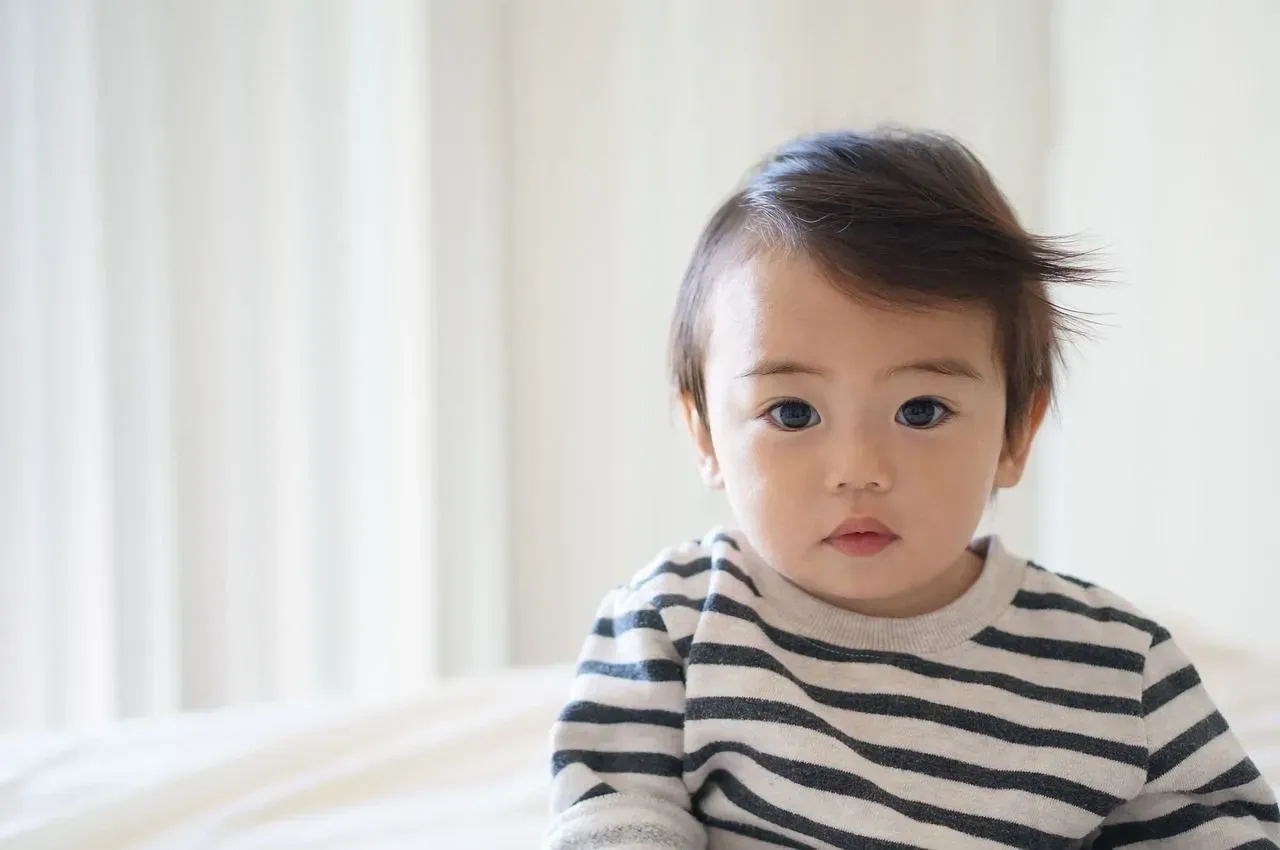
For boys, a Japanese name beginning with ‘K’ can convey robustness and the virtues of a leader. Reflecting the resilient spirit and the esteemed characteristics of historical figures and warriors, these names often hold aspirations for strength, courage, and integrity.
Each name is loaded with the potential for achievement and honor, drawing from the rich legacy of male figures in and mythology. They are not just names but beacons of potential waiting to guide a young boy toward a future filled with promise.
49. Kai: means ‘sea’. Kai Kobayashi, the talented Japanese voice actor, has brought life to numerous anime characters.
50. Kaimin: means ‘joyful’.
51. Kaisho: means ‘fly over the sea’.
52. Kaimu: means ‘ocean dream’.
53. Kamin: means ‘joyful’.
54. Kana: means ‘borrowed character’.
55. Kaname: means ‘cornerstone’. The name is derived from the metal key used to tie the frame at the end of the fan. Kaname Kuran, the charismatic vampire, is a central character in the popular manga and anime series ‘Vampire Knight’.
56. Kanaye: means ‘zealous one’.
57. Katagiri: means ‘single-leaf’. Katagiri Katsumoto was a famous Japanese daimyo.
58. Katashi: means ‘hard’.
59. Kato: means ‘addition’. Kato Takaaki, the influential Japanese politician, served as the 24th Prime Minister of Japan.
60. Katsuhiro: means ‘prosperous’. Katsuhiro Otomo is a famous Japanese manga artist, best known for creating the groundbreaking manga and anime series ‘Akira’.
61. Katsutoshi: means ‘to win cleverly’.
62. Kawakami: means ‘above the river’. Kawakami Gensai, the legendary Japanese swordsman, was known for his exceptional skill and role in the Meiji Restoration.
63. Kayo: means ‘night’ or ‘fire’.
64. Kaz: means ‘peacemaker’.
65. Kazu: means ‘knowledge’.
66. Kazuhiko: means ‘a respectable man’. Kazuhiko Kato, better known by his stage name Monkey Punch, was a renowned Japanese manga artist and illustrator, celebrated for creating the iconic series ‘Lupin III’.
67. Kazuma: means ‘true harmony’. Kazuma Kiryu, the protagonist of the acclaimed Yakuza video game series, is known for his unwavering loyalty and strong sense of justice.
68. Kazuo: means ‘harmonious man’. Kazuo Ishiguro, the celebrated British novelist of Japanese descent, was awarded the Nobel Prize in Literature in 2017.
69. Kazutaka: means ‘precious’. Kazutaka Kodaka, the Japanese video game writer and designer, is best known for creating the popular ‘Danganronpa’ series.
70. Kazuyuki: means ‘harmony’. Kazuyuki Okitsu is a famous Japanese voice actor and narrator known for his roles in various anime series.
71. Kenji: means ‘second son’. Kenji Eda is a famous Japanese politician. Kenji Miyazawa, the renowned Japanese poet and novelist, is best known for his children’s stories and his love for nature.
72. Kenshi: means ‘swordsman’.
73. Kentaro: means ‘large boy’. Kentaro Miura, the late Japanese manga artist, was renowned for creating the epic dark fantasy series ‘Berserk’.
74. Kido: means ‘wooden door’.
75. Kin: means ‘gold’.
76. Kitaro: means ‘man of love and joy’. Kitaro, the legendary Japanese musician, is known for his innovative work in the field of new-age and electronic music.
77. Kiwa: means ‘born on the border’.
78. Kiyo: means ‘purity’.
79. Kiyoshi: means ‘pure’. Kiyoshi Kurosawa, the famous Japanese film director, is known for his works in the horror and thriller genres.
80. Kobe: means ‘God’s house’.
81. Kobayashi: means ‘small forest’. Kobayashi Issa, the famous Japanese haiku poet, is known for his simple yet profound poems that celebrate the beauty of everyday life.
82. Kohei: means ‘navigation’. Kohei Horikoshi, the talented Japanese manga artist, is the creator of the immensely popular superhero series ‘My Hero Academia’.
83. Koichi: means ‘happiness’ and ‘one’. Koichi Sugiyama, the legendary Japanese composer and conductor, is best known for his work on the ‘Dragon Quest’ video game series.
84. Koji: means ‘little one’. Koji Kondo, the acclaimed Japanese music composer, pianist, and sound director, is renowned for creating the iconic soundtracks of the ‘Super Mario’ and ‘The Legend of Zelda’ series.
85. Kokai: means ‘sail across the sea’.
86. Komachi: means ‘small town’.
87. Kosho: means ‘repository’. Emperor Kosho was Japan’s fifth imperial ruler.
88. Koshiro: means ‘ambitious’.
89. Kouichi: means ‘happiness’. Kouichi Yamadera, the Japanese voice actor, singer, and narrator, is known for his roles in numerous anime series and video games.
90. Kouji: means ‘abundance’. Kouji Wada, the Japanese singer and songwriter, is best known for performing the opening themes of the popular anime series ‘Digimon Adventure’.
91. Kousuke: means ‘rising sun’. Kousuke Fujishima, the Japanese manga artist and illustrator, is known for creating the long-running series ‘Oh My Goddess!’.
92. Kumagai: means ‘bear valley’. Kumagai Naozane was a famous Japanese soldier who fought during the Heian period for the Genji (Minamoto) clan.
93. Kuniyuki: means ‘good fortune’.
94. Kuri: means ‘chestnut’.
95. Kuro: means ‘ninth son’.
96. Kuroda: means ‘black rice paddy’. Kuroda Kanbei, the famous Japanese daimyo and strategist, played a significant role in the unification of Japan during the Sengoku period.
97. Kuuya: means ‘expanding sky’.
98. Kuwana: means ‘mulberry’.
99. Kyosuke: means ‘respectful’.
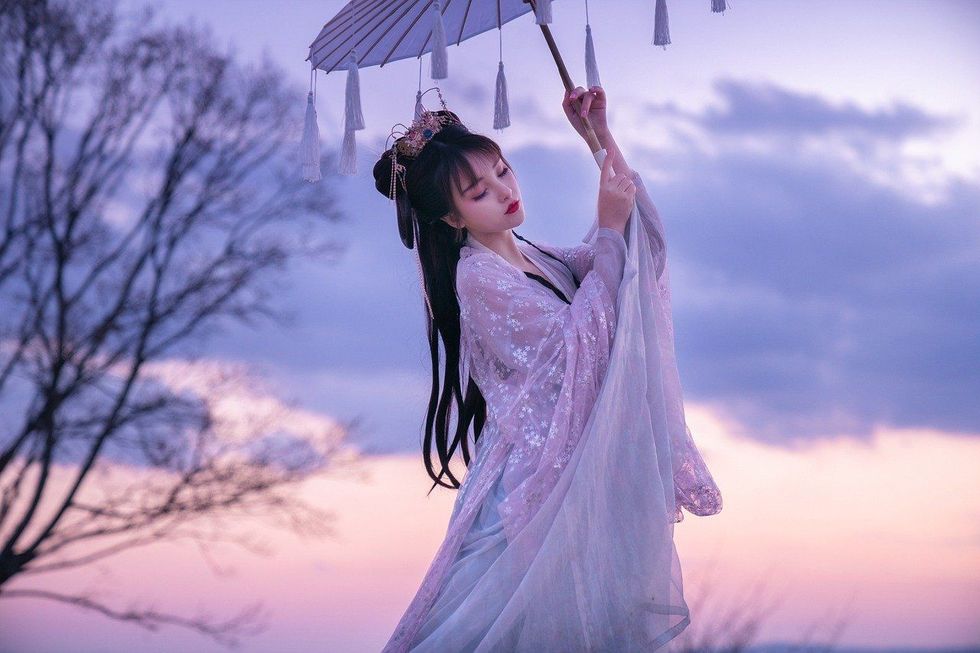
Gender-Neutral Japanese Names Starting With K
Names are a universal aspect of identity that can transcend gender, and Japanese names beginning with ‘K’ are no exception. These options offer flexibility and a modern outlook, fitting for any individual regardless of their gender. They are like the flexible tree branch; they bend with strength and adapt with ease. These names are designed to suit the spirit they echo with, providing a sense of individuality and inclusivity that honors the person’s unique journey through life.
100. Kaede: means ‘maple leaf’. Kaede Rukawa, the talented basketball player, is a popular character from the manga and anime series ‘Slam Dunk’.
101. Kaina: means ‘paddle’.
102. Kaiya: means ‘forgiveness’.
103. Kami: means ‘god’. Kami Hiraiwa, the gifted Japanese actress, is recognized for her roles in various TV dramas and films, including ‘Kisarazu Cat’s Eye’ (2002), ‘Kisarazu Cat’s Eye: Nihon Series’ (2003), and ‘Kamen Rider Agito’ (2001).
104. Kanae: means ‘fragrant seedling’. Kanae Minato, the brilliant Japanese writer, is known for her captivating novels that explore the depths of human emotions and relationships.
105. Kanata: means ‘far off’ or ‘beyond’. Kanata Hongō is a Japanese actor known for his roles in television dramas, films, and stage productions.
106. Kanato: means ‘sweet dreams’.
107. Kanna: means ‘summer waves’. Kanna Hashimoto, the adorable Japanese actress and singer, has captured hearts with her endearing performances.
108. Kannon: means ‘deity of mercy’.
109. Kaoru: means ‘fragrance’. Kaoru Ishikawa, the influential Japanese engineer and quality control expert, made significant contributions to the field of quality management.
110. Kariya: means ‘flower’ or ‘beautiful.
111. Katsuko: means ‘victorious child’. Olympic champion Katsuko Kanesaka bears this first name.
112. Kazumi: means ‘peace’. Kazumi Totaka, the talented Japanese video game composer and sound director, is known for creating memorable soundtracks for Nintendo games.
113. Kazusa: means ‘flourish’.
114. Kei: means ‘square jewel’ or ‘wise’. Kei Nishikori, the trailblazing Japanese tennis player, has achieved remarkable success on the international stage.
115. Kenzo: means ‘healthy’. Kenzo Takada, the visionary Japanese fashion designer, founded the iconic brand Kenzo and revolutionized the fashion industry with his bold and colorful designs.
116. Kichi: means ‘fortunate’.
117. Kio: means ‘expensive’.
118. Kioko: means ‘happy child’.
119. Kilala: means ‘one with the cats’. In Japanese culture, cats are esteemed as symbols of good luck, prosperity, and divinity.
120. Kirara: meaning ‘mica’ or ‘isinglass’, refers to something glittery that shines extremely bright. Kirara Asuka, the charming Japanese actress and model, has graced the screens with her beauty and talent.
121. Kiri: means ‘wave’.
122. Kirin: means ‘dignity’. Kirin Kiki, the legendary Japanese actress with a career spanning over five decades, left an indelible mark on the film industry with her powerful performances and unique screen presence.
123. Kirua: means ‘precious stone’.
124. Kisara: means ‘castle plain’.
125. Kiyoka: means ‘pure’.
126. Kiyora: means ‘elegant beauty’.
127. Kizuna: means ‘connections between people’ or ‘bonds between people’. Kizuna AI, the popular Japanese virtual YouTuber, has gained a massive following with her entertaining and engaging content.
128. Kochou: means ‘small butterfly’.
129. Koeme: means ‘tiger’.
130. Kohaku: means ‘amber’.
131. Kokona: means ‘heart’ and ‘greens’.
132. Kokoro: means ‘heart’, or ‘feelings’. Kokoro Kikuchi, the famous Japanese voice actress, is renowned for her performances including playing Sarada Uchiha in ‘Boruto: Naruto Next Generations’ among other roles in various anime series and films
133. Komugi: means ‘wheat’.
134. Konatsu: means ‘small summer’.
135. Koneko: means ‘kitten’.
136. Koshi: means ‘hip’.
137. Kouki: means ‘radiance’.
138. Kumi: means ‘long time beauty’ or ‘eternal beauty’. Kumi Koda, the popular Japanese pop singer, has entertained audiences with her powerful vocals and electrifying performances.
139. Kunie: means ‘protection of the country’.
140. Kurea: means ‘elegance’, or ‘refinement’.
141. Kureha: means ‘deep red leaf’.
142. Kuroe: means ‘black creek’.
143. Kuroha: means ‘black feathers’.
144. Kurumi: means ‘walnut’. Kurumi Nara, the talented Japanese tennis player, has made a name for herself with her impressive skills and determination on the court.
145. Kyouka: means ‘fragrant flower’.
146. Kyomi: means ‘pure’.
147. Kyori: means ‘distance’.
148. Kyou: means ‘apricot’ or ‘village’.
FAQs
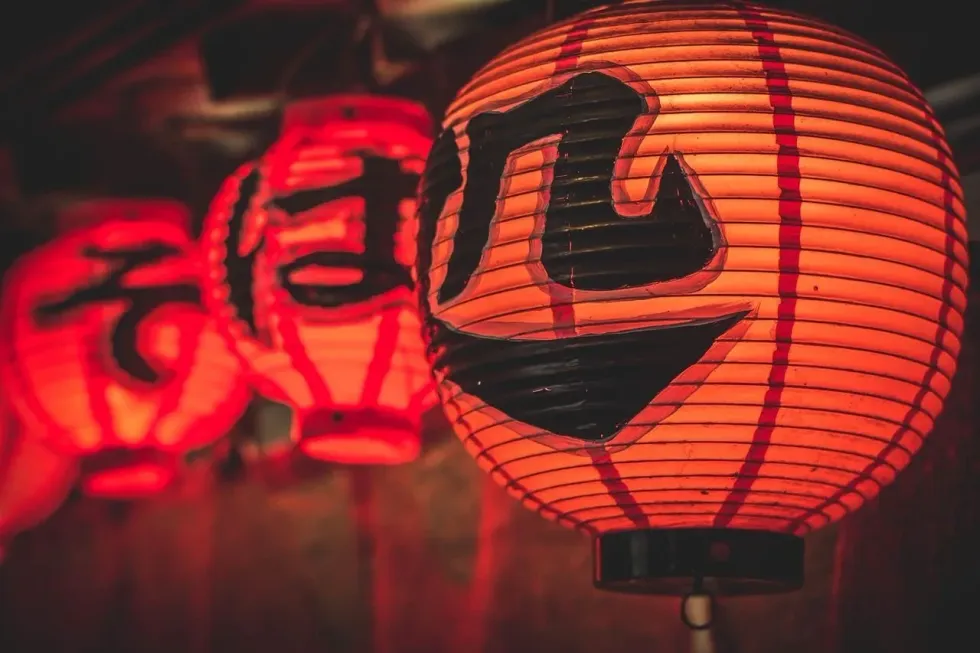
What significance do the letters in a Japanese name have?
In the Japanese language, each character or ‘kana’ has its own inherent meaning, which when combined can hold significant value or represent desirable traits. For example, names that start with ‘K’ might associate with words for ‘health’, ‘happiness’, ‘wisdom’, or ‘sky’, depending on the characters used. This deep connection between language and meaning reflects the cultural importance of names in Japanese society.
How do Japanese names reflect the concept of family and community?
Japanese names are often selected with attention to how they honor family lineage and community ties. They can reflect the character and spirit of the family, carry forward a cherished bond, or represent values the community holds in high esteem. This common perspective on naming reveals the connection of the individual, family, and society in Japanese culture.
Why do some Japanese names have connections to good fortune and success?
Japanese names often embrace positive attributes and life aspirations, with many parents choosing names they believe will bring their children good fortune and success. It’s a reflection of the hopeful wishes and the values that families hold dear, with names acting as lifelong blessings.
Japanese names beginning with K are indeed proof of the rich customs, traditions, and heritage of Japanese culture. Whether seeking a name that conveys beauty or brightness, influence or peace, you’ll find that Japanese names offer categories rich with meaning and cultural significance. They are not just tags for a person; they are a friend for life, a rare narrative ready to mix with a family’s history.
Sources

